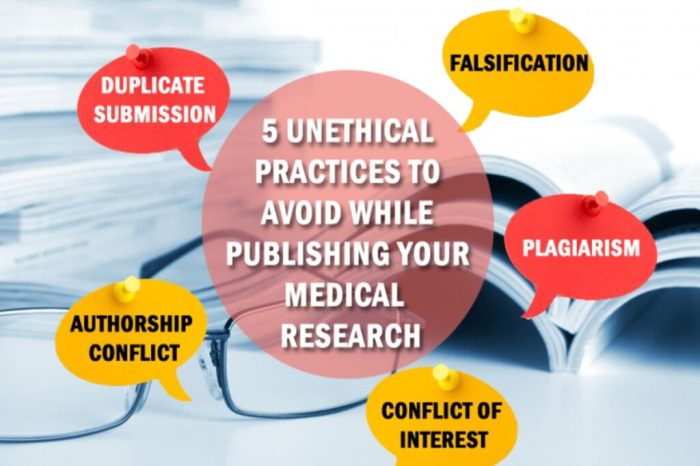To avoid unethical practices by a foreign supplier – Ethical procurement practices are paramount in today’s globalized supply chains. As businesses increasingly source from foreign suppliers, it is crucial to avoid unethical practices that can damage reputations, disrupt operations, and undermine sustainability goals. This comprehensive guide provides a roadmap for organizations to effectively mitigate ethical risks and foster responsible sourcing practices.
…
Ethical Considerations

Adhering to ethical practices is crucial when working with foreign suppliers to ensure responsible and sustainable supply chains. Unethical practices can lead to adverse social, environmental, and economic consequences.
Examples of unethical practices to avoid include:
- Child or forced labor
- Violation of environmental regulations
- Bribery and corruption
- Discrimination and unfair labor practices
Engaging in unethical practices can damage a company’s reputation, lead to legal liabilities, and undermine customer trust.
Supplier Screening and Evaluation: To Avoid Unethical Practices By A Foreign Supplier

Thorough supplier screening and evaluation are essential for identifying and mitigating ethical risks. This process involves:
- Conducting due diligence to gather information about the supplier’s background, operations, and ethical practices.
- Assessing the supplier’s compliance with relevant laws, regulations, and industry standards.
- Evaluating the supplier’s capacity to meet ethical requirements, including their labor practices, environmental performance, and commitment to social responsibility.
Best practices for supplier audits include:
- Conducting on-site visits to verify the supplier’s operations and ethical practices.
- Interviewing employees and management to gather insights into the supplier’s culture and ethical decision-making.
- Reviewing documentation and records to assess compliance with ethical standards.
Contract Management

Incorporating ethical clauses into supplier contracts is vital for ensuring ethical compliance. These clauses should:
- Clearly define the ethical expectations and obligations of both parties.
- Establish consequences for ethical violations.
- Provide mechanisms for reporting and addressing ethical concerns.
Monitoring and enforcement are crucial to ensure ethical compliance. This involves:
- Regularly reviewing supplier performance against ethical standards.
- Conducting periodic audits to verify compliance.
- Taking appropriate action to address ethical violations, including contract termination or legal proceedings.
Supplier Development and Capacity Building
Investing in supplier development and capacity building can enhance ethical practices within the supply chain. This includes:
- Providing training and support to suppliers on ethical practices, labor standards, and environmental management.
- Collaborating with suppliers to develop and implement ethical supply chain policies and practices.
- Establishing partnerships and networks to promote ethical practices and knowledge sharing.
Supplier development can foster long-term relationships, improve supplier performance, and contribute to sustainable supply chains.
Reporting and Accountability
Establishing clear reporting mechanisms for ethical concerns is essential. This involves:
- Creating a confidential and anonymous reporting system.
- Training employees on ethical reporting procedures.
- Investigating all reported concerns promptly and thoroughly.
Whistleblowers play a crucial role in preventing unethical practices. They should be protected from retaliation and provided with appropriate support.
Failing to report or address ethical violations can have severe consequences, including reputational damage, legal liabilities, and the erosion of trust.
Helpful Answers
What are common unethical practices by foreign suppliers?
Unethical practices can include labor violations (e.g., forced labor, child labor), environmental degradation, bribery and corruption, and intellectual property infringement.
How can organizations screen foreign suppliers for ethical practices?
Supplier screening involves conducting due diligence, reviewing documentation, and conducting site audits to assess a supplier’s ethical practices, compliance with regulations, and commitment to sustainability.
What should be included in ethical clauses in supplier contracts?
Ethical clauses should clearly Artikel the ethical standards expected from the supplier, including adherence to labor laws, environmental regulations, and anti-corruption policies.